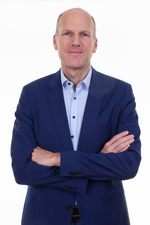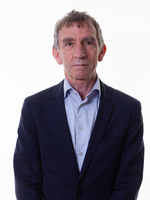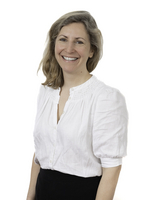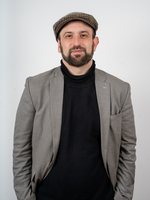Members of the Austrian Board for Radioactive Waste Management Scientists, NGOs, representatives from the federal and state governments and civil society form an advisory board to develop recommendations for the disposal of radioactive waste.
The Austrian Board for Radioactive Waste Management currently consists of 20 members and a chairperson.
If you have any questions or concerns, please write to us! kontakt@entsorgungsbeirat.gv.at
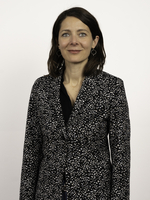
Mag. Silvia Benda-Kahri
| Environment Agency Austria |
|---|
|
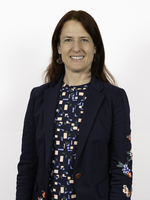
DI Dipl.-Päd. Sabine Kranzl
| Environment Agency Austria |
|---|
|

DI Roman Beyerknecht
| Nuclear Engineering Seibersdorf GmbH |
|---|
|
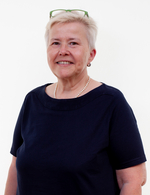
Prof. Dr. Ulrike Felt
| University of Vienna |
|---|
|
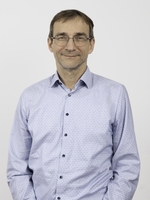
Prof. Dr. Frank Melcher
| Montanuniversität Leoben |
|---|
|
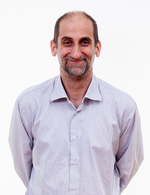
Dr. Nikolaus Müllner
| University of Natural Resources and Life Sciences, Vienna |
|---|
|
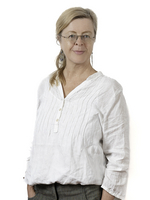
Dipl.-Biol. t.o. Angelika Spieth-Achtnich
| Institute for Applied Ecology, Germany |
|---|
|
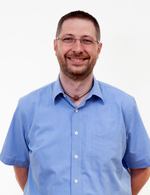
DI Dr. Johannes Sterba
| Technical University of Vienna |
|---|
|
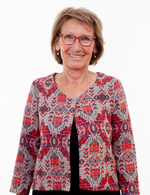
Prof. (em) Dr. Hannelore Weck-Hannemann
| University of Innsbruck |
|---|
|
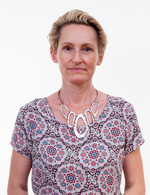
Patricia Lorenz
| GLOBAL 2000/Friends of the Earth Europe |
|---|
|
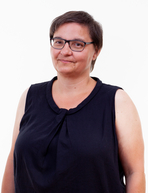
Gabriele Mraz, MA
| Austrian Institute for Ecology |
|---|
|
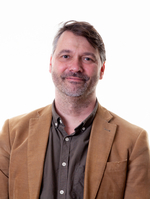
Mag. David Reinberger
Vienna Ombuds Office for Environmental Protection |
|---|
|
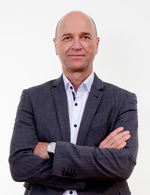
Dr. Ewald Plantosar
| Office of the Styrian Government |
|---|
|
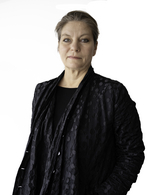
Monika Mörth, MAS
| Federal Ministry of Agriculture, Forestry, Regions and Water Management |
|---|
|

Dr. Anna Muner-Bretter
| Federal Chancellery |
|---|
|

DI Volker Schaffler, MA
| Federal Ministry for Climate Action, Environment, Energy, Mobility, Innovation and Technology |
|---|
|


